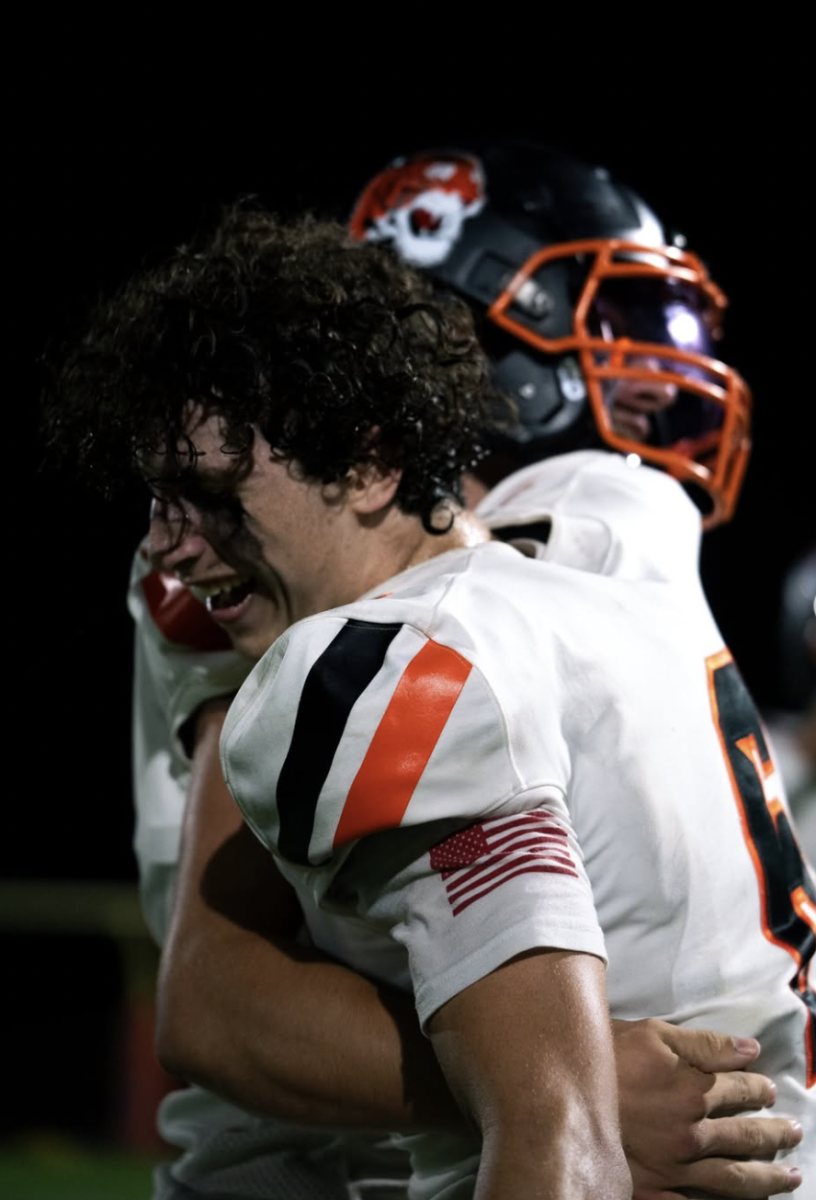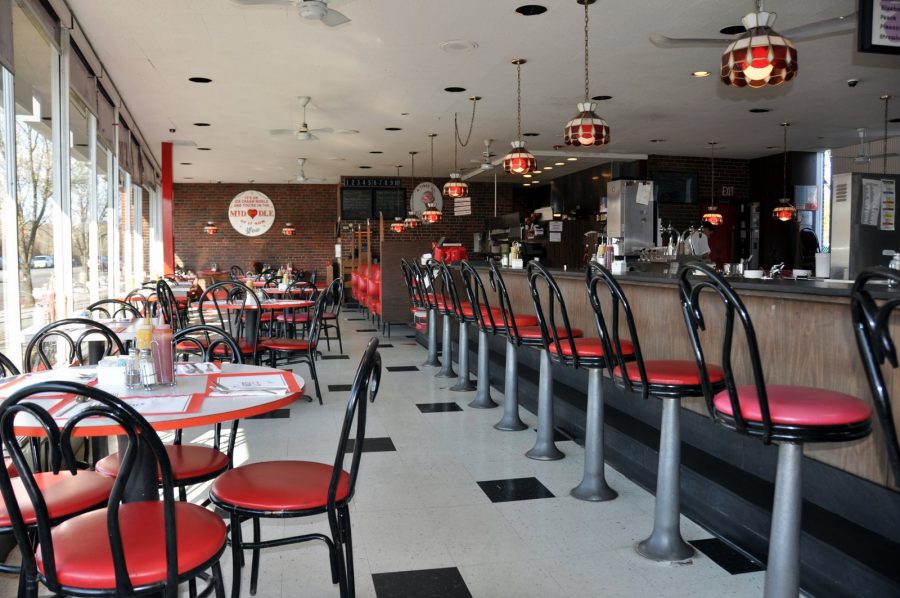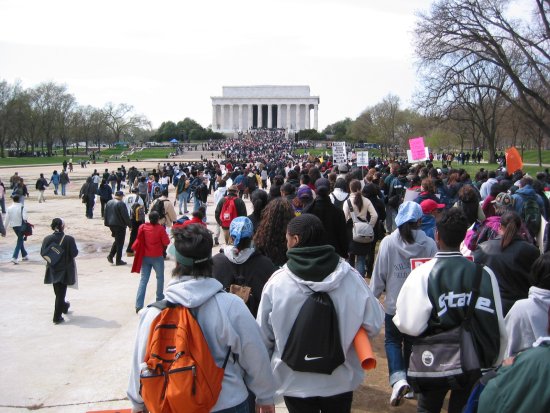by Laura Schmidt-Hong
Racial and religious clubs at North have become integral parts of the school community, holding event days throughout the year and spreading the word about their cultures and communities.
Principal Henry Turner said, “Student clubs and extracurriculars are a major part of student life here at Newton North. I think that’s something that’s special about our school: there’s a lot of engagement and a lot of activism.” He added, “There’s a uniqueness in terms of the level of seriousness that our students want to take” in their clubs.
Both the clubs which are longer-established—including Black Leadership Advisory Council (BLAC) and Asian Culture Club—and those which are lesser-known—such as Jewish Student Union (JSU), Christian Club, and South Asian Student Association (SASA)—hope to spread the word about their club and increase their membership, many turning to cultural days to do so.
Cultural days are typically held over the course of one school day, with presentations—such as student panels and appearances by outside speakers—during each block. By organizing BLAC Day, senior Njioma Grevious, an officer of BLAC, hopes to “share some of what our community goes through and also to show people our culture.”
Grevious explained that, in her eyes, the existence of the club and its event day are key “because Newton is a majority white town, and it can be hard sometimes for minorities to find their way and help other people to understand their culture.”
However, holding BLAC Day is a labor-intensive task which involves “calling people, getting people to sign up and be available to do panels, getting people to work on presentations, getting outside speakers, which is really important, and coming up with questions,” she said.
Though organizing cultural event days is demanding, they are often an essential part of racial and religious clubs building prominence in the school. Junior Carrieanne Mamba, an officer of Asian Culture Club, explained, “It’s really about getting the word out there. We hope to spread positivity, and people know a lot about BLAC Day and Kindness Day, and we’re just trying to do the same.”
Junior Michael Lee, also an Asian Culture Club officer, concurred with Mamba, saying, “I think that clubs like Asian Culture Club are important to give students who identify with that club or are interested in or intrigued by the club a space to both hear other people’s stories and share their own.”
Because there are “enough people talking about it and wanting a space to share their stories and feel accepted,” Asian Culture Day can “keep its place in the Newton North community,” said Lee.
Along with commenting on the role of cultural days in building up prominence in the school, many officers also highlighted the difficulties in recruiting students, particularly those outside the focal demographic of the club. They noted that, in order to hold open discussions and consequently build a platform in the school, they must first diversify the club’s membership.
Grevious expressed her hope that BLAC will be able to recruit students from a wider variety of backgrounds, explaining that engaging in conversation is difficult “when there aren’t many people and there aren’t many people from different backgrounds.”
Likewise, SASA, said senior Fariha Mahjabin, an officer, is not “totally exclusive to South Asians,” although South Asians are encouraged to join. “If anybody else wants to learn about the culture or participate in our Asian Culture Night performance, they’re more than welcome to join,” she said.
Senior Mukund Desibhalta, also an officer of SASA, explained that the club is “welcoming of people who are interested in the culture and in being part of events that we plan,” adding, “I see it more as a body of students who share the same culture or show an interest in the same culture” rather than a club solely for South Asians.
Senior Aaron Stone, an officer for JSU, noted that being exposed to a range of perspectives in the club has personally benefitted him. “The club has allowed me to see a variety of different viewpoints and has also allowed me to see that even after incidents that create division between people, the bonds between people, regardless of culture, are strengthened,” he explained.
At each JSU meeting, club members discuss their views and opinions regarding a chosen current event or topic. “The goal is to create a space to get everyone’s perspective on issues relating to Jews at North and just Jewish culture,” said sophomore Julia Greenblatt, an officer.
Although JSU does not yet hold its own cultural day, doing so is one of its “main goals,” she said, “probably not this year, but hopefully next year. We’d definitely have to talk about it, but probably we’d talk about some anti-Semitic incidents and being Jewish at North.”
Greenblatt explained, “We realized that Jewish people are certainly not an oppressed people” at North, although they were historically, “but there’s no space at Newton North for us to talk about issues pertaining to us.”
In order to create such a setting in which to hold open conversations, Grevious also noted that challenging the idea that racial and religious clubs are monolithic is key. She explained, “We all come from this frame of reference that centers around us, our own stories, and our family’s stories, but it’s nice to hear that we’re all different, we all have stories, and we’re not a monolith,” adding, “Unfortunately, some people think if it’s BLAC or Asian Culture Club, it’s just for that group of people, but it’s really not.”
Similarly, Mahjabin added that a goal of SASA is “voicing our opinions and showing that sometimes Asian kids get smashed together.” She explained, “What people don’t understand is that Asia is a very huge place. There are so many different cultures, and all of them are worth celebrating. Separating us from Asian Culture Club is a statement that we have a different culture.”
Desibhalta noted that when he attended Asian Culture Night last year, “there was only one South Asian performance” and “no other South Asian representation.” As a result, he and Annika Vahalia ’16 decided to found the club. “I didn’t realize there were so many South Asians until I met everyone and recruited them,” he said.
While most other cultural clubs are open to or eager about creating an event day for themselves, sophomores Hayoung Song and Iris Su, officers for Christian Club, expressed doubts about organizing a Christian Day, despite hoping to establish the club’s reputation in the school.
Su explained, “For me personally, it would fit better into a Religion Day, because people might be like, ‘Oh, why is there just a Christian Day?’”
Song echoed Su’s reservations, saying, “I don’t know what a Christian Day would be like. At church, we listen to sermons, but we’re not going to have people come in and say sermons because not everyone believes in that and not everyone would understand that.”
Junior Jonathan Han, another Christian Club officer, also noted the difficulties in gaining prominence as a religious club, saying, “The fact that we are a religious club probably contributes to how hard it is to make a significant impact or gain momentum.” He added, “Not a lot of people know about it, but I’m sure if someone were to tell them that there is a Christian Club at North, they wouldn’t be surprised. We are a fairly new club, so the low impact level is expected.”
Nonetheless, Song added that shared beliefs among a group of people can lead to the creation of an event day, explaining, “There are a lot of Christians who don’t speak about it. I feel like if we all got together, maybe we could create something.”
The question of which racial and religious clubs deserve to or should be allowed to organize a cultural day—and whether each one organizing its own is even possible—remains disputed, however.
Senior Luther Evans, an officer for BLAC, challenged the feasibility of all racial and religious groups holding an event day and asserted that such days should be reserved for minority groups.
If “a certain group of people is not represented or is a minority in the greater population,” Evans said, their cultural day takes precedence over others. “That’s why we have BLAC Day, Asian Culture Day, and Deaf Culture Day. It’s because they’re not the majority, and other people should understand how they feel in a school where they’re not the majority,” he explained.
Turner, however, commented that such days should be open to “any group” and that “if clubs want to have days, we want to support them so long as they are able to put on the event in an organized way.”
Some officers also recognize the difficulties in each racial or religious group holding its own cultural day due to the sheer quantity of cultural clubs at North.
Greenblatt explained that “pretty much anyone who has something to say that will benefit the community should be deserving. Unfortunately, there’s just not enough time for every group that has something to say to get a day.”
Lee also voiced conflicting opinions regarding which clubs deserve cultural days, explaining, “If you have the people that want to share their story, any club can be relevant and can have their own day. This is always where I’m conflicted: how do we decide who can get those days?”
While some officers question whether every racial or religious club can realistically organize its own day, others recognize the importance of all clubs having one, especially for those which were founded more recently.
Grevious noted that “every cultural group should have a day,” but whether or not they ultimately organize one is their decision.
“Everybody should have equal opportunity to share what they have to share because all of that’s important,” said Grevious. “It helps us move forward if we know what we’re talking about and what’s going on in the world.”
Turner echoed Grevious’s sentiments, saying, “Those events build community more than anything else. They bring people together from different walks of life to celebrate experiences.”
He added, “I think they exemplify the best of our school. They show the diversity that we have at Newton North…and help us to engage in important conversations.”
Lee also noted that having a diversity of opinions and background is essential for clubs to hold candid discussions. “We want it to be open to the black community, the white community, and different religious communities,” he said. “We try to strongly stress that because it’s very easy to say, ‘Oh, I don’t identify with that. The club isn’t for me.’ But that’s not how Newton North cultural clubs should be viewed. They should be viewed as open communities in which anyone who wants to talk about issues can join and have discussions.”
Cultural days, whether they be reserved for a select few of North’s clubs or are open to all which are interested, are ultimately opportunities for racial and religious groups to share stories from their community, engage in conversation, and build awareness about their culture.
Such platforms, Lee noted, are unique and do not necessarily exist in all settings. He explained that another officer of Asian Culture Club once commented to him that “once you get out of high school, even at college, it’s going to get progressively harder to always find a platform or an area where you can share your narrative and where people are willing to listen. The fact that North has these days and has these clubs gives people that platform and gives people that opportunity, which is amazing.”
Categories:
Cultural, religious clubs seek platform for discussion
May 8, 2017
Donate to The Newtonite
More to Discover










































